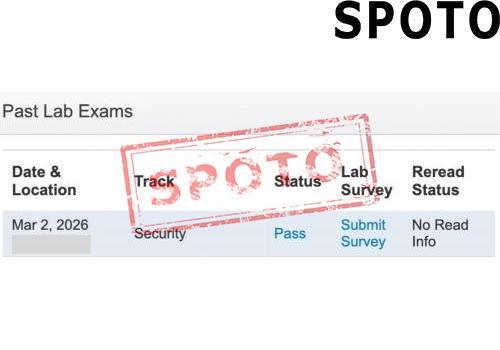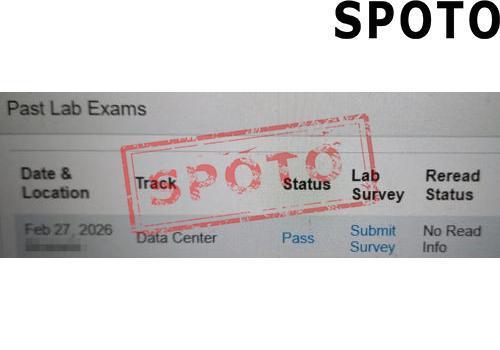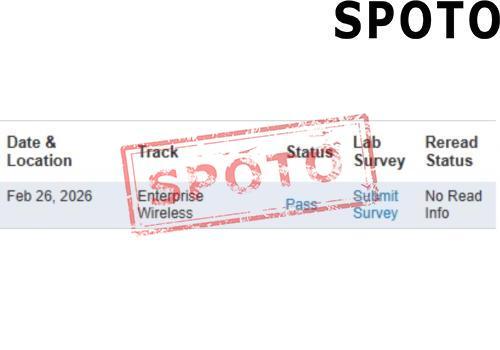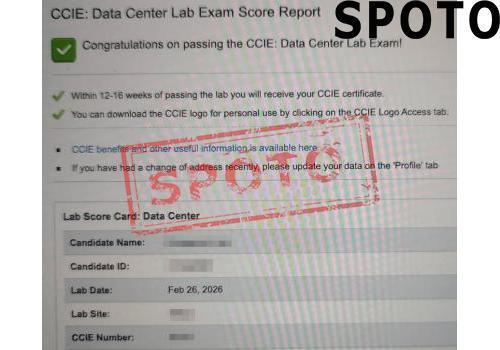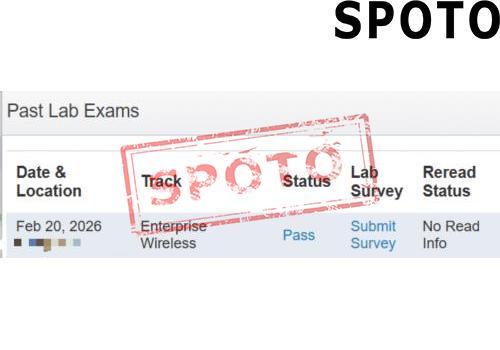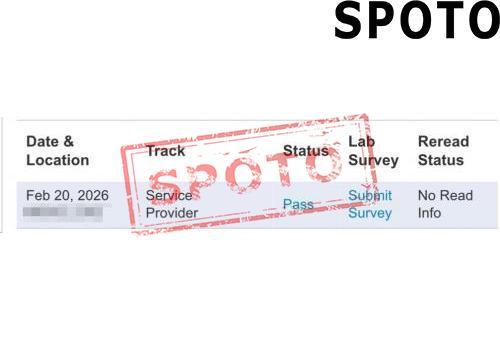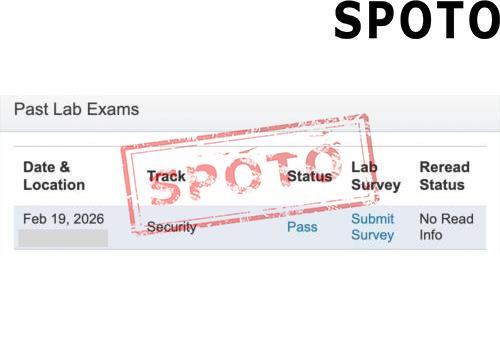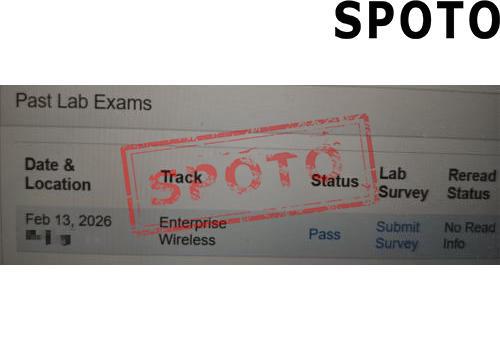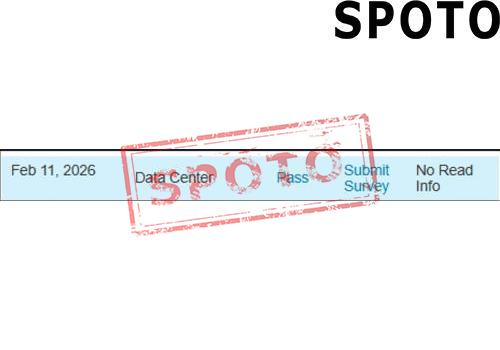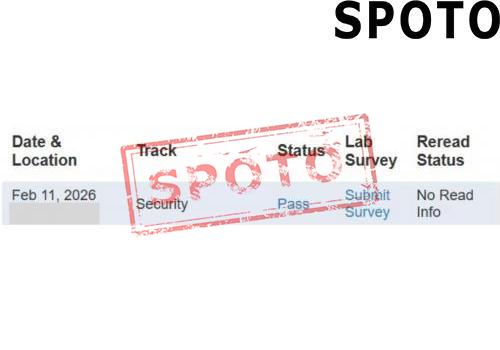
The CCIE Enterprise Infrastructure certification is widely regarded as one of the most prestigious certifications in the IT networking industry. It validates an individual's ability to plan, design, implement, operate, and troubleshoot complex enterprise networks. Achieving this certification signifies expertise in networking and opens up opportunities for high-level roles in the IT field. But what exactly does the CCIE Enterprise Infrastructure certification entail, and what should candidates know before pursuing it? Let's take a closer look.
Overview of the CCIE Enterprise Infrastructure Certification
The CCIE Enterprise Infrastructure is part of Cisco's Expert-level certification program. It focuses on advanced enterprise networking concepts and technologies. This certification is designed for experienced IT professionals who want to specialize in designing and managing modern, scalable enterprise networks.
Key Features of the Certification
- Comprehensive Focus: Covers core enterprise technologies, such as advanced routing, switching, and software-defined networking (SDN).
- Hands-On Expertise: Emphasizes practical knowledge through a rigorous lab exam.
- Global Recognition: Known worldwide as a benchmark for networking excellence.
Prerequisites for CCIE Enterprise Infrastructure
Unlike some certifications, there are no formal prerequisites to take the CCIE Enterprise Infrastructure exam. However, Cisco recommends candidates have:
- 5 to 7 Years of Industry Experience: A strong background in enterprise networking is crucial.
- In-depth knowledge of Core Concepts: Topics such as IP routing, virtualization, and SD-WAN are essential.
- Prior Certifications: Holding a CCNP Enterprise certification can significantly help with preparation.
Examination Format
The certification consists of two exams:
1. Core Exam: 350-401 ENCOR (Enterprise Core)
This written exam tests your knowledge of enterprise networking fundamentals, such as:
- Dual-stack architecture (IPv4 and IPv6)
- Virtualization and automation
- Network assurance and security
2. Lab Exam
This 8-hour practical test assesses your ability to design, deploy, and optimize complex enterprise networks. It includes:
- Network design tasks
- Configuration and troubleshooting
- Implementation of SDN solutions
Topics Covered in CCIE Enterprise Infrastructure
The certification's blueprint spans a wide range of advanced networking topics, including:
- Network Infrastructure: Advanced routing protocols like OSPF, BGP, and EIGRP.
- Software-defined infrastructure: SD-WAN, network programmability, and automation.
- Security and Assurance: Securing enterprise networks and monitoring performance.
- Virtualization: Network functions virtualization (NFV) and virtual private networks (VPNs).
- Network Optimization: Advanced troubleshooting and performance tuning.
Benefits of CCIE Enterprise Infrastructure Certification
1. Career Advancement
Achieving CCIE status positions you for roles such as:
- Network Architect
- Enterprise Solutions Engineer
- Senior Network Consultant
2. Industry Recognition
The CCIE certification is a globally respected credential that highlights your expertise.
3. Competitive Salary
Professionals with a CCIE certification often earn significantly higher salaries compared to their non-certified counterparts.
4. Mastery of Cutting-Edge Technologies
The certification ensures you stay ahead in the rapidly evolving field of enterprise networking.
Challenges of Pursuing CCIE Enterprise Infrastructure
1. Intense Preparation
The CCIE is one of the most challenging IT certifications, requiring months or even years of study.
2. High Costs
The exam fees and additional costs for training materials, lab access, and travel can be substantial.
3. Practical Complexity
The lab exam demands a high level of expertise and familiarity with real-world scenarios.
Tips for Success
-
Start with the ENCOR Exam
This core exam lays the foundation for advanced topics in the lab exam. -
Invest in Hands-On Practice
Use tools like Cisco's virtual labs, Packet Tracer, or GNS3 to gain practical experience. -
Leverage Quality Resources
Study guides, video tutorials, and official Cisco documentation are essential for preparation. -
Join a Study Group
Collaborating with peers can help you tackle complex topics and stay motivated. -
Take Mock Exams
Simulate the lab environment to improve your speed and accuracy.
Conclusion
The CCIE Enterprise Infrastructure certification is a prestigious achievement that validates your ability to manage and optimize complex enterprise networks. While the journey to earning this certification is demanding, the rewards are immense, offering career advancement, industry recognition, and mastery of advanced technologies.
By approaching your preparation with a structured study plan, hands-on practice, and a commitment to excellence, you can achieve the coveted CCIE status and unlock new opportunities in your IT career.
